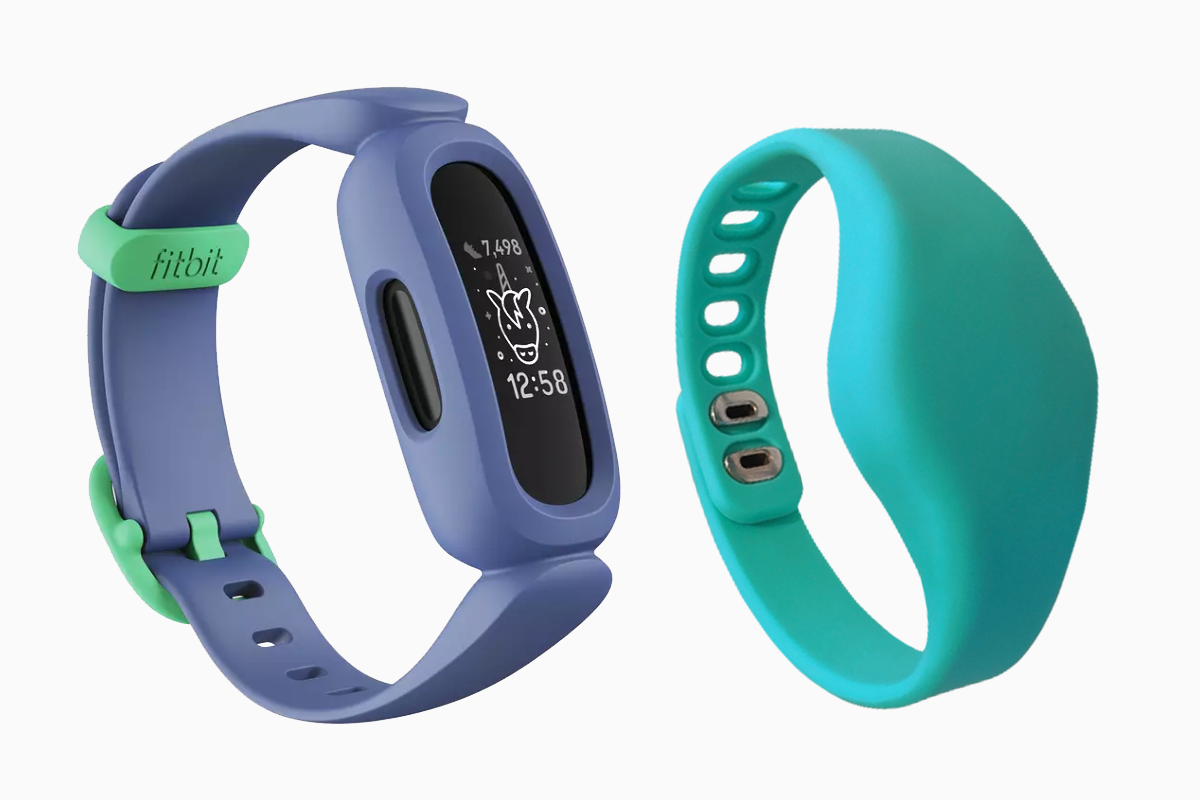
A new research study by Edinburgh University on the validity and accuracy of wearable devices has revealed an in-depth comparison between a Moki band and a Fitbit Ace.
The Fitbit Ace is the Google-owned wearable giant's device designed for children. With a Fitbit Ace priced at around £60 and a Moki band at £25 we were as keen as anyone to see the results of the study.
Moki or Fitbit? Which is better?

Whilst we are thrilled that the Moki performed so admirably under these rigorous testing conditions it is fair to say that a Moki band and Fitbit Ace are not strictly designed for the same purpose.
The Fitbit Ace Fitness Tracker is specifically designed for kids aged 8 and above, and comes with a range of features that can help them track their daily activity levels, set goals, and compete with friends. The device comes with a companion app that allows parents to monitor their child's activity and sleep patterns, as well as set reminders and reward systems to motivate their kids to stay active.
On the other hand, the Moki Band is a wearable designed for use in schools and educational settings. It allows teachers to track their students' activity levels during the school day, and encourage them to take more breaks and move around more. The device is also designed to help schools meet physical activity targets set by government agencies by creating group challenges.
While both devices have similar features, the Fitbit Ace is designed solely for individual use, while Moki is designed to be used in a classroom setting. Moki is also geared towards helping schools meet physical activity targets, while the Fitbit Ace is more focused on promoting healthy habits at home.
Ultimately, the choice between the two devices will very much depend on the settings described above. If you are looking for a device to help your child stay active and healthy at home, the Fitbit Ace is probably the best choice. However, if you are a teacher or school administrator looking to encourage physical activity among your students, the Moki Band is a clear winner providing more accurate data at less than half the cost.
The results of the study in a nutshell...
We added a handy summary here to save you the trouble of going over the whole study...
Purpose: Using wearable monitoring devices is increasingly ubiquitous, including among young people. However, there is limited evidence of the validity of devices which are aimed at children and adolescents. The purpose of this study was to evaluate the validity of Fitbit Ace and Moki monitors in healthy young adolescents.
Methods:This cross-sectional study included 17 young adolescents (ages 11-13 y) ambulating between 3 different walking conditions (incidental [∼6 min], controlled, and treadmill [each 3 min], while wearing wrist-worn devices [Fitbit Ace, Moki] on each wrist [left and right, respectively]). Data from the devices were compared with observer counts (criterion). Bland-Altman plots and mean absolute percentage errors were computed.
Results:Analyses identified that the Fitbit Ace showed higher levels of bias across conditions compared with the Moki device: (mean difference [SD]; Fitbit Ace: 30.0 [38.0], 3.0 [13.0], and 13.0 [23.0] steps and Moki: 1.0 [19.0], 4.0 [16.0], and 6.0 [14.0] steps, incidental, controlled, and treadmill, respectively). Mean absolute percentage errors ranged from 3.1% to 9.5% for the Fitbit Ace and 3.0% to 4.0% for the Moki device.
Conclusion:The Fitbit Ace and Moki devices might not provide acceptable validity under all walking conditions, but the Moki provides more accurate estimates of incidental walking and might therefore be a good choice for free-living research or school-based interventions.
Read the full study here.
